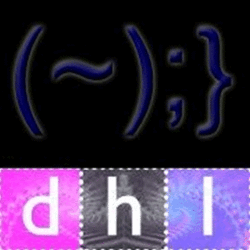Sweden's state gaming monopoly, run in part by private players such as Svenska Spel and ATG , has long completely dominated Sweden. The gaming monopoly was so dominant that only in recent years have the Swedes come into contact with other gaming operators. The reason why this changed was that cooperation with the EU placed relatively high demands on competitive neutrality. Therefore, Sweden was simply forced to accept casino permits valid in other EU countries.
But modern legislative changes have led to unforeseen changes. The so-called gaming investigation suggested that Sweden should abolish its gaming monopoly in favor of a licensing system. This happened when the European Union fully realized that foreign players should have an equal chance to gain a foothold in the Swedish market. For example, the Swedish gaming monopoly does not allow foreign players to advertise their services. And since only a few local players had a gaming license, it was de facto impossible to be active in Sweden.
Ability to apply for a poker license as of mid-2018
As of August 2018, both local and foreign players will be able to apply for a permit to operate within Sweden's borders. On the other hand, you can always play at the bitcoin casinon.

Those who get the license will be able to offer their services in Sweden under the same conditions as Swedish gaming. This means full advertising opportunities and equally full rights to offer gaming-related services. How many will actually apply for a license is not yet clear, but it is predicted that a large number of companies will indeed do so.
Swedish games are happy with the development.
Despite the abolition of the monopoly, Swedish games are actually happy with development. But how is this happening? Much of it has to do with the fact that the change will result in a regulated market where all players contribute to tax revenues and play by the same rules of the game. Since Swedish gambling is inherently an extension of the Swedish state, it certainly welcomes initiatives that help keep state control.
But how is the European Union working on this development? It's all mostly about harmonization. By encouraging the ability of member states to introduce licenses, the Union will at the same time have a better idea of which companies are active in the gaming market.
It's not just Sweden that's under scrutiny. Belgium, Cyprus, the Czech Republic, Latvia, Poland and Romania have been criticized for not offering foreign companies fair competition. In the long run, all EU countries will indeed have to make an effort to comply with the strict requirements set by the Union. For Sweden, this means that the country is at the forefront of inevitable development. With luck, many gaming companies will turn to Sweden to be able to establish their operations in a favorable market with level playing field and fair rules for both public entities and private companies.
Read more: THE CASINO WITH THE LOWEST DEPOSIT.

